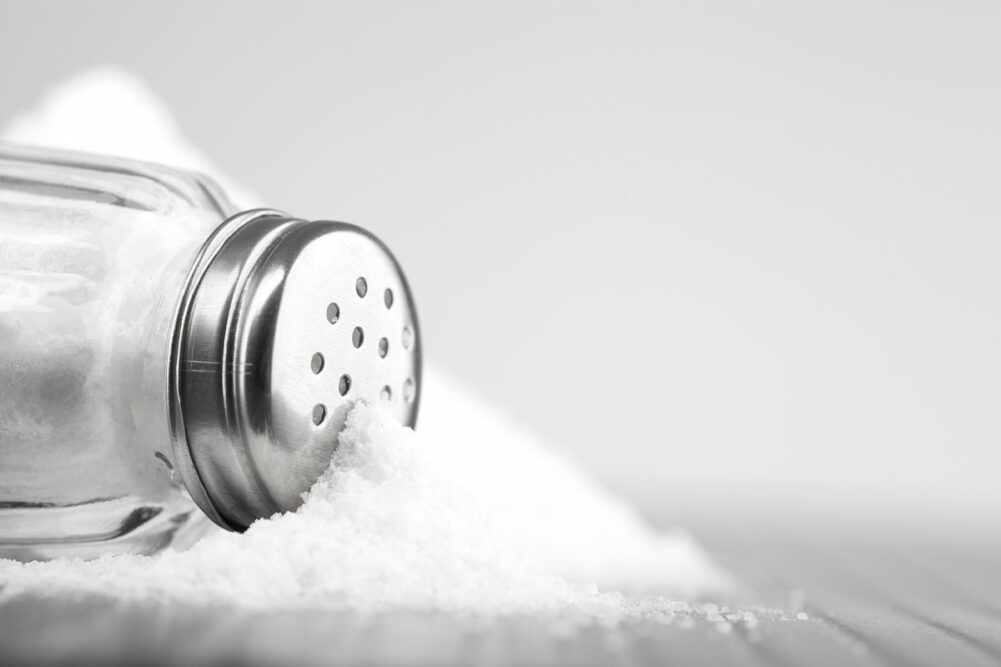GENEVA — The world is not on track to reach a goal of reducing sodium intake by 30% by 2025, according to a report released March 9 by the World Health Organization. To speed up the pace, the WHO is recommending actions such as government mandates, front-of-pack labeling and media campaigns.
Five percent of WHO member states have instituted mandatory and comprehensive sodium reduction policies, but 73% lack a full range of implementation of the policies.
“This report shows that most countries are yet to adopt any mandatory sodium reduction policies, leaving their people at risk of heart attack, stroke and other health problems,” said Tedros Adhanom Ghebreyesus, PhD, director general of the WHO. “WHO calls on all countries to implement the ‘best buys’ for sodium reduction and on manufacturers to implement the WHO benchmarks for sodium content in food.”
Member states of the WHO in 2013 adopted a global plan for the prevention and control of non-communicable diseases. All 194 member states committed to reducing sodium intake by 30% by 2025, but no country has achieved the target. The WHO is considering changing the year to hit the target to 2030.
Government-mandated sodium reduction policies are more effective as they achieve broader coverage and safeguard against commercial interests while providing a level playing field for food manufacturers, according to the WHO.
“WHO recommends several sodium-related best buys policies as practical actions that should be undertaken immediately to prevent cardiovascular disease and its associated costs,” the WHO said in the March 9 report. “These include lowering sodium content in food products, implementing front-of-pack labeling to help consumers select food products with lower sodium content, conducting mass media campaigns to alter consumer behavior around sodium, and implementing public food procurement and service policies to reduce sodium content in food served or sold.”
Global average daily sodium intake per person is estimated at over 4 grams (10.8 grams of salt). The WHO recommends less than 2 grams of sodium (less than 5 grams of salt) while the Dietary Guidelines for Americans recommends less than 2.3 grams of sodium (less than 5.8 grams of salt). The WHO estimates excessive sodium intake is associated with 1.89 million deaths each year.
The WHO developed a sodium country scorecard with a 2019 baseline. As of October 2022, nine countries had at least two mandatory sodium reduction policies and other measures. They were Brazil, Chile, Czech Republic, Lithuania, Malaysia, Mexico, Saudi Arabia, Spain and Uruguay.
Another 43 countries, including the United States, had at least one mandatory policy or measure. Sixty-four countries had implemented at least one voluntary policy and other measures to reduce sodium intake while 56 had made a policy commitment toward sodium reduction.




